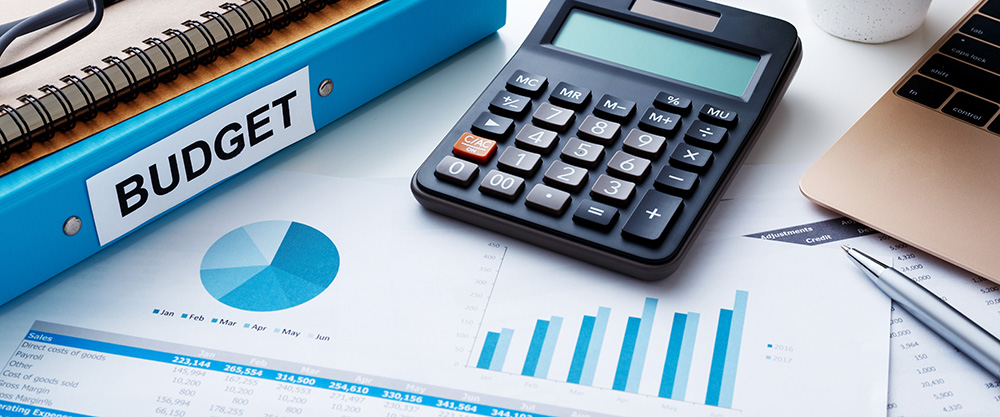Autumn Statement Briefing – 17th November 2022

The Chancellor has delivered the Autumn Statement 2022; please find below details of those policies that may affect our clients:
Policy Overview
The Autumn Statement 2022 comes at a time of significant economic challenge for the UK and global economy. Growth is slowing and the International Monetary Fund (IMF) expects a third of the global economy to fall into recession this year or next. The following points will be of interest:
- The Energy Profits Levy (EPL)
- Electricity Generator Levy (EGL)
- Energy Bill Relief Scheme (EBRS)
- Energy Efficiency Taskforce (EETF)
- Climate Change Levy (CCL)
- Carbon Price Support (CPS)
Energy Profits Levy (EPL)
From 1 January 2023, the EPL rate will rise by 10 percentage points to 35%. The investment allowance will be reduced to 29% for all investment expenditure (other than decarbonisation expenditure) broadly maintaining its existing cash value.
Decarbonisation expenditure will continue to qualify for the current investment allowance rate of 80%. The Levy will end on 31 March 2028. The government will legislate for these measures in Autumn Finance Bill 2022, except the changes related to decarbonisation expenditure which will be legislated for in Spring Finance Bill 2023.
Electricity Generator Levy (EGL)
The government is introducing the Electricity Generator Levy, a temporary 45% tax that will be levied on extraordinary returns from low-carbon UK electricity generation. For the purposes of the tax, extraordinary returns will be defined as the aggregate revenue that generators make in a period from in-scope generation at an average output price above £75/MWh.
The tax will be limited to generators whose in-scope generation output exceeds 100GWh across a period and will only then apply to extraordinary returns exceeding £10 million. The tax will apply to extraordinary returns arising from 1 January 2023 and will be legislated for in Spring Finance Bill 2023.
Energy Bill Relief Scheme (EBRS)
A review of the EBRS will determine support for non-domestic energy consumers, excluding public sector organisations, beyond 31 March 2023. While the government recognises that some businesses may continue to require support beyond March 2023, the overall scale of support the government can offer will be significantly lower, and targeted at those most affected to ensure fiscal sustainability and value for money for the taxpayer.
Energy Efficiency Taskforce (EETF)
The government is announcing a new long-term commitment to drive improvements in energy efficiency to bring down bills for households, businesses and the public sector with an ambition to reduce the UK’s final energy consumption from buildings and industry by 15% by 2030 against 2021 levels.
Climate Change Levy (CCL) Rates
The government will legislate in the Spring Finance Bill 2023 to raise the CCL main rate on gas to £0.00775/kWh whilst freezing the CCL main rate on electricity at £0.00775/kWh in 2024-2025.
The CCL main rate on solid fuels will rise in line with the increase in the CCL main rate on gas to £0.06064/kg in 2024-2025. To help ensure the tax system treats fuels that are used off the gas grid equitably, the government will maintain the CCL main rate on LPG at £0.02175 in 2024-2025.
The percentage discount on the CCL main rates available through the Climate Change Agreement scheme will be fixed at 92% for electricity and 77% for LPG. The discounts for gas and solid fuels will be adjusted to 89% to produce an RPI increase from 2023-2024 into 2024-2025.
Carbon Price Support (CPS)
The government will maintain CPS rates in Great Britain at a level equivalent to £18/tonne of carbon dioxide in 2024-2025. The government will engage with industry and conduct a review of the CPS beyond the announced rates.
The government is setting a national ambition to reduce energy consumption by 15% by 2030, delivered through public and private investment, and a range of cost-free and low-cost steps to reduce energy demand.
Get in touch
If you are unsure of how this budget announcement will affect you or your business, please feel free to send an email to info@2ea.co.uk or call 01293 521 350 and we’ll be happy to help.


